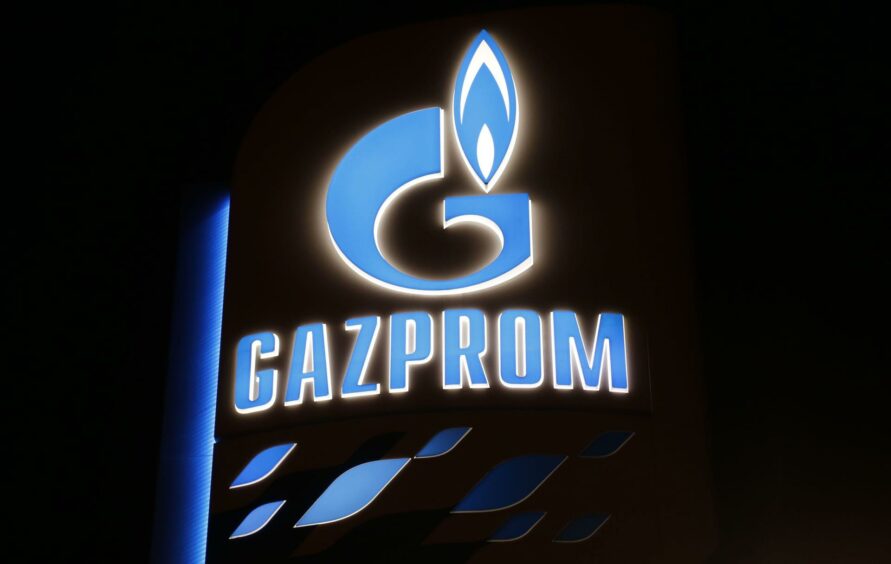
Russia managed to keep its federal budget in surplus in October despite rising spending for the war in Ukraine as a windfall tax on state gas company Gazprom PJSC delivered billions of rubles to state coffers.
The budget surplus reached 128.4 billion rubles ($2.1 billion) in the first 10 months of the year, the Finance Ministry said in a statement Friday. That’s more than double the 54.7 billion rubles reported a month earlier.
Rising spending amid the war, combined with falling revenues from oil and gas exports still threaten to push the budget into deficit by the end of the year. The Finance Ministry has forecast a full-year shortfall of more than the 0.9% of GDP set out in the budget.
But tax revenues from oil and gas almost doubled in October compared to September. Gazprom paid an extra 416 billion rubles in mineral extraction tax after surging gas prices more than made up for a sharp drop in exports to Europe, historically Gazprom’s biggest market. The temporary windfall payments were set following high prices in the first half of the year and the company is set to pay the same amount each month in November and December.
Spending was up 20% in the first 10 months of this year, as the government boosted outlays on welfare benefits amid a recession and spending related to the war.
October was the first month when the Finance Ministry was forced to tap the country’s wellbeing fund to cover spending. After the Prime Minister Mikhail Mishustin ordered to allocate 1 trillion rubles for this purpose, more than one quarter of this sum was spent.
The budget is expected to swing to deficit by the end of the year. The European Union along with the UK will introduce a price cap for Russian oil and ban companies from providing any service to ships carrying Russian crude if the purchase price is above that limit.
Recommended for you
